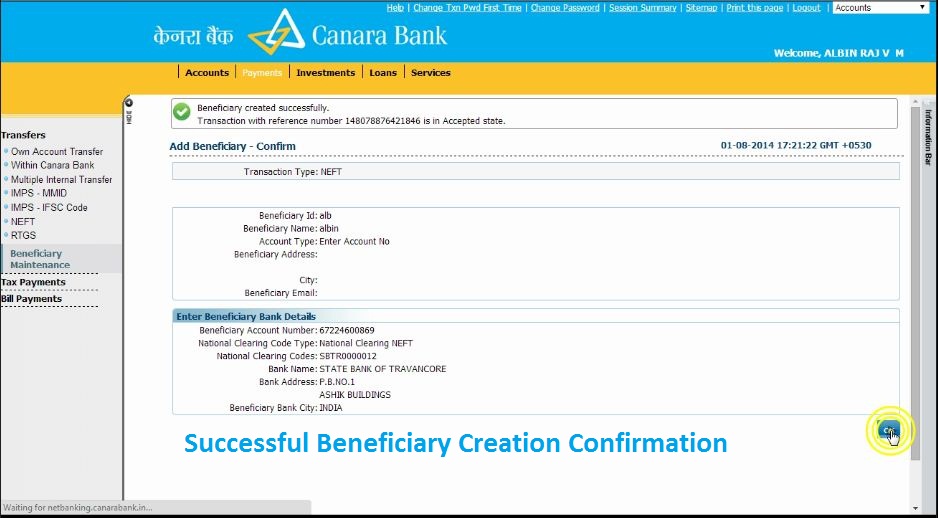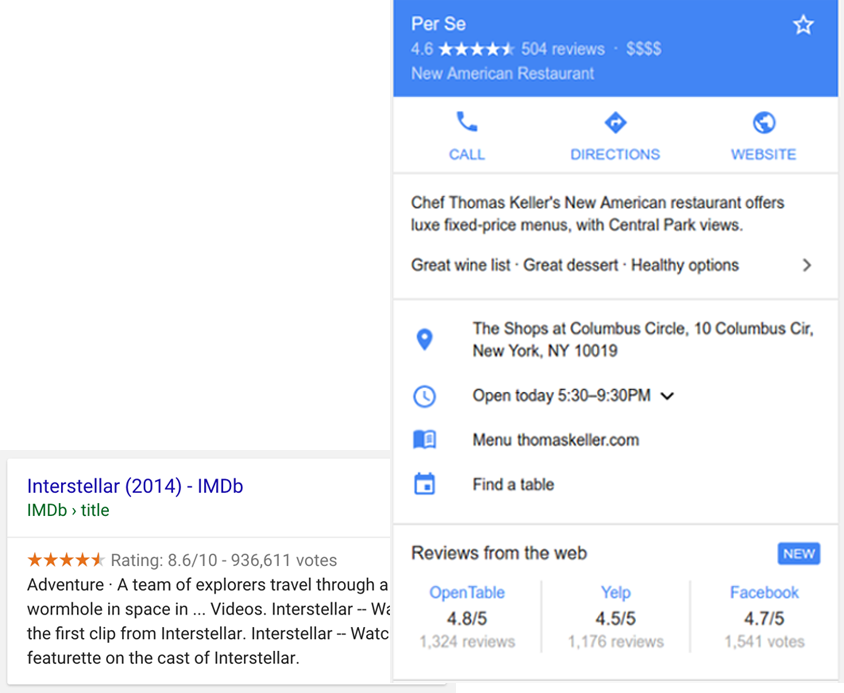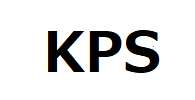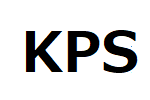CPA vs CFA Important Similarities and Differences, Career Paths
Contents:


Passing marks are 75% minimum in each section, and all four sections have to be passed within a period of 18 months or 1 ┬Į years. The cost of the CPA exam itself varies by state, but expect to spend around $1,000 for registration and testing fees, plus several thousand dollars for a review course . Some firms reimburse their employees for CPA exam-related costs, so check with your employer to see if you qualify. Becoming a CPA signals that youŌĆÖre dedicated to your profession, which can give you more opportunities and flexibility in your career. Potential salary increases will make up for the cost of preparing for and taking the exam itself. If becoming a CPA appeals to you, youŌĆÖll need to weigh the pros and cons of preparing for and taking the CPA exam.
- The analytic work consists of building a financial model for different projects like Infrastructure projects (i.e. Power projects, real estate, etc.).
- Applicants can also qualify by completing 4,000 hours of professional work experience or a combination of professional work experience and higher education.
- However, it’s important to consider where each one can apply in terms of industry and job function.
- For instance, if a person is attempting CPA in the USA, the license will be granted for the USA.
Given your experience and MBA background, my take is that CFA will suit you more. Opt for CPA only if you are focused on accounting aspects of Finance. Given your background and experience, you must be very comfortable with accounting. I started out working in Public Accounting for three years and have worked the last 8 at a global custodian bank. IŌĆÖm also looking to move out of UAE soon & move to Australia , so which ever option I opt for should help me utilize this specialization in Australia & hopefully land me a decent job too.
cpa and cfa financial analysts must renew their membership yearly to maintain CFA certification. The CFA Institute recommends that each charterholder completes 20 hours of continuing education, including at least two hours of standards, regulations, and ethics each year. The challenging nature of the job market was what gave me the motivation to get through all three levels of the CFA exam. The designation has been extremely valuable for me in terms of getting more difficult interviews as well as being more effective as a financial analyst.
Both offer excellent career paths, so itŌĆÖs important to know which one is a better fit for you. The CPA is great if you want to rise up the finance department at a corporate business and ultimately become the CFO, or if you want to rise up the ranks at a public accounting firm. The CFA credential, by contrast, is great if you want to work at a bank and, in particular, in investment management or equity research. Both offer good opportunities for people looking to break into corporate finance. The Chartered Financial Analyst┬« designation is offered internationally by the CFA Institute and focuses on financial analysis, with a heavy component of portfolio management.
What Does CFA Mean?
For each level, you have two 3-hour exams in a day, separated by just a short lunch break. After months of preparation, exam day is very much the final hurdle but just how tiring this day is shouldnŌĆÖt be underestimated. As alluded to above, there will be a substantial portion of the CFA content which is a direct overlap with your Accountancy qualification training. The material within the Financial Reporting and Analysis and Corporate Finance modules will pretty much all have been seen if doing the CFA after CA examinations or your countryŌĆÖs equivalent. However, there are downsides to the CFA ŌĆō particularly the significant upfront costs and the level of difficulty that many candidates donŌĆÖt fully appreciate.

Getting the CPA certification paves the road to a rewarding finance career in any industry. The Pass Ratio is not meant to perfectly compare exams, but rather to answer the question of ŌĆ£how likely are you to get to the end of this program, given that youŌĆÖve registered for it? There is no one right way to compare exam difficulties, but we think the Pass Ratio goes closer than simply comparing pass rates of individual exams. Personally, itŌĆÖs totally wrong on the comparisons of study time needed, difficulty, and pass rates. CFA exams pass rates, on the other hand, are about 22-56% for each exam level. The CFA charter is for investment management and advisory, such as investment analysts, portfolio managers, investment strategists, consultants, wealth managers, etc.
Job responsibilities: CPA vs CFA
CFA exam registration fees cost $700 or $1,000 for each exam level. Certification can improve a financial analyst’s reputation and lead to better-paying career opportunities. CFA certification can be especially valuable for investment managers, buy-side traders, and sell-side traders. Financial advising, financial planning, and economics professionals can also benefit from this credential. The CFA should have at least a bachelorŌĆÖs degree, but it may not be required if the individual has at least four years of work experience in this field.
Certified Public Accountant and Chartered Financial Analyst represent two of the most prestigious professional designations in accounting and finance. ACCA courses use the International Financial Reporting Standards issued by the International Accounting Standards Board. IFRS is the most widely used accounting standard, allowing ACCA members to cater to international clients. Professionals with the ACCA qualification often hold the following job titles ŌĆō accountant, tax manager, financial consultant, and internal auditor. However, it may take longer if you lack the required work experience in investment management or a related field. You need at least 4,000 hours of work experience in investment decision-making acquired before, during, or after passing the CFA exams.
If youŌĆÖre ready to learn more about the different accounting certifications, keep reading along with us. You can take each level twice a year with a maximum of six attempts for each level. The CPA exam content covers all aspects of accounting and finance to ensure licensed CPAs have extensive knowledge to conduct their duties. For details related to the examŌĆÖs content, structure, and format, check theAICPAwebsite and go through the CPA Exam Blueprints. You can consider CPAs as the cream of the crop in the accounting profession. A CPA license ensures credibility and expertise in the practice of the profession.
Candidates get their test results for levels I and II within 60 days. Level II consists of vignettes with 88 accompanying multiple-choice questions. Level II comprises two sessions that last two hours and 12 minutes each, with another optional break in between the two periods. This guide explains how to become a CFA and explores CFA exam requirements. Management accountants prefer the CMA to CPA, but the CPA is the best if youŌĆÖre into general accounting. Payscale.com pegs a CFAŌĆÖs average salary at $97,000 and CPA at $69,901.
Prospective CFA candidates apply to begin the process through the CFA Institute and the application is relatively simple. As long as you have a bachelorŌĆÖs degree, you can take level I of the CFA exam. In order to register for level II of the CFA Exam, you need to have completed your bachelors program. In order to sit for the CPA exam, you need to meet the basic educational requirements which include 150 college credit hours. This presents a challenge because most undergraduate accounting programs do not meet the 150 credit hour requirements. The CFA Program is a series of three exams focusing on different areas of investing, such as valuing assets, investment tools, wealth planning, and portfolio management.
What Can You Do With a CFA?
Moreover, these jobs are considered to be more lucrative than other finance jobs. This charter provides you with international recognition and imparts skills that are highly acknowledged. It is a credential that certifies its holder as competent and honest. This reputation in the business world is recognized in many countries of the world.
Failure to do so is punishable by up to lifetime revocation of your designation. Luckily, as you gain more experience by furthering your education, your salary potential grows, too. CPAs tend to climb the salary ladder in the finance industry year by year.
The CFA Program curriculum, however, specifically focuses on investment analysis and portfolio management and provides deep knowledge of investment principles and ethics. Although top MBA programs do have wide networks, the CFA Program connects candidates to a global professional network of elite investment professionals. For example, some industry regulators even allowwaivers and exemptionsfor candidates who successfully complete the CFA Program or certain exam levels.
Becker CPA: 0% Interest Payment Plan
But before you put in for any https://1investing.in/ program, ensure it aligns with your career path. However, youŌĆÖll even further stand out if you earn the financial risk manager designation. The CIA credential is the hallmark for professionals in internal auditing. However, a CPA who wants to audit should earn the certified internal auditor certification. If you want to hold senior-level public accounting positions, you must be experienced. According to the CFA Institute, the 10-year pass rates for CFA Levels I-III exams are 42%, 45%, and 54%, respectively.

In 2020, Becker Exam Day ReadySM students reported passing 94% of the CPA Exam sections they attempted. In total, Becker students passed more than 33,000 sections of the CPA Exam, which represents more than 1/3 of all CPA Exam sections passed in 2020. Planning for a career in accounting or finance can feel like swimming in a bowl of alphabet soup. With the myriad of acronyms being thrown around, itŌĆÖs easy to become confused. I think it is better if you could take the one that interests you the most ŌĆō Accounting roles or Investment banking roles? If you are thinking of investment banking, then CFA is beneficial.
CFA vs CPA: which should you pursue?
CMA, CFA, and CPA are the most-revered credentials in the business environment. Their area of specialization is the main difference between them. However, a CPA offering these services without a CFP certification canŌĆÖt be as versatile as a certified planner.
The minimum period for completing the work experience is 36 months. By the time you sit for Level 1 CFA exams, you need to be a bachelorŌĆÖs degree holder or equivalent degree or at least 11 months within your graduation date. Applicants with a finance and accounting degree or relevant experience can skip the Foundation exams and proceed with the ACCA exam. Chartered Accountancy and the Chartered Financial Analyst Program are one of the most preferred career options for aspirants. The CA is most in-demand course in India whereas the CFA program has its popularity across the globe as a most sought-after professional qualification.

